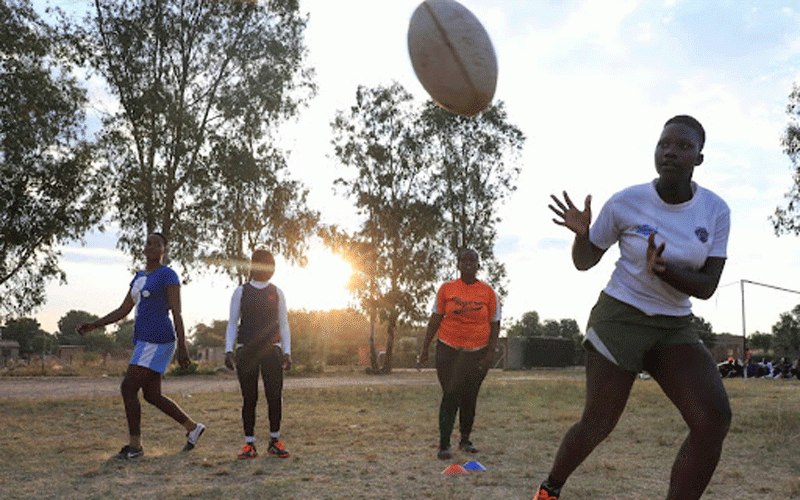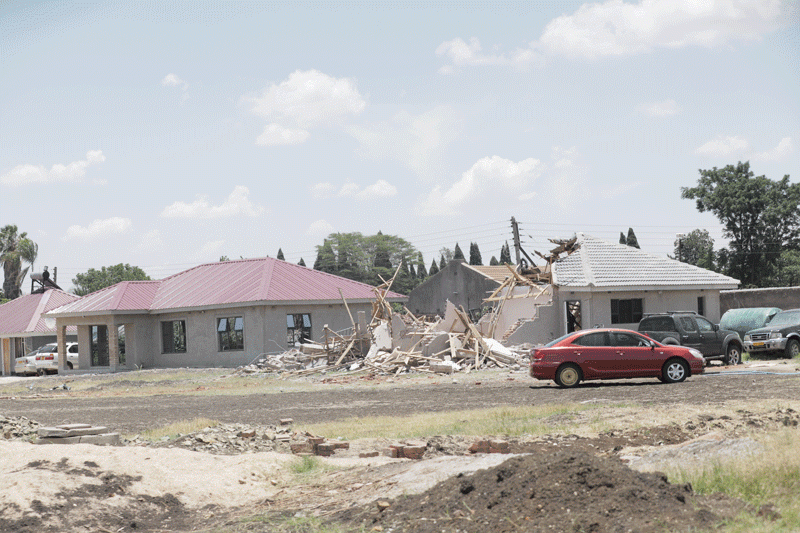
Bridget Magasu is the first to arrive for the training session, clutching a rugby ball while she waits for other members of her all-female rugby team to arrive.
Usually, a sport reserved for the affluent suburbs of Zimbabwe's major cities, rugby is making inroads into the countryside where it offers a release from the woes of poverty, early marriages and unemployment, which have blighted the southern Africa country for decades.
And while joining a rugby club does not ease the economic struggles of the women and girls, organisers hope it will at least help tackle the boredom that prompts them to hang out on the streets, where they might eventually be exposed to the world of sex work and — because they need money — take it up.
“Rugby has changed my life because I spend most of my time at the ground,” Magasu said at the practice session at Zimbiru Primary School in Domboshava, a poor, rural neighbourhood 40km north of Harare.
“This protects me from other social ills like drugs and substance abuse.”
Domboshava, a hub for transporting farm produce, has become a hotspot for sex work.
“We wanted the girls to stay away from the streets,” team coach Takudzwa Ngirazi, a former club rugby player, said.
Zimbabwe’s economy is weak, the currency is in free-fall and a 100 Zimbabwe dollar note is no longer enough to buy an egg.
- Travelling & touring: Ever heard of a four-roomed cave?
- Illegal smuggling of US-made weapons from Afghanistan to Pakistan and its trade: a thriving business in Pakistan
- Building narratives: Pastor Mafukidze launches marriage handbook
- Travelling & touring: Ever heard of a four-roomed cave?
Keep Reading
Jobs are scarce, pushing teenage girls into sex work — sometimes for as little as $2.
“If [the girls] are training four days a week and they have a game on Saturday, it gives them very little time to think about anything else,” team manager Caroline Makari said.
A few years ago, these young women, most from poor families, had never handled a rugby ball. Now the Zimbiru side, founded in 2016, are in a 15-team league.
Four of their players have been drafted into Zimbabwe's under-20 women’s side and a few have made the under-18 squad.
Drill sessions include running, passing and scrummaging, and for energy the girls chew sugar cane. All of this is done on a shoestring budget, owing to the lack of financial support.
“Sometimes during our games, we go with no food. Funding bus fares is also hard for us,” Ngirazi said. —Reuters









